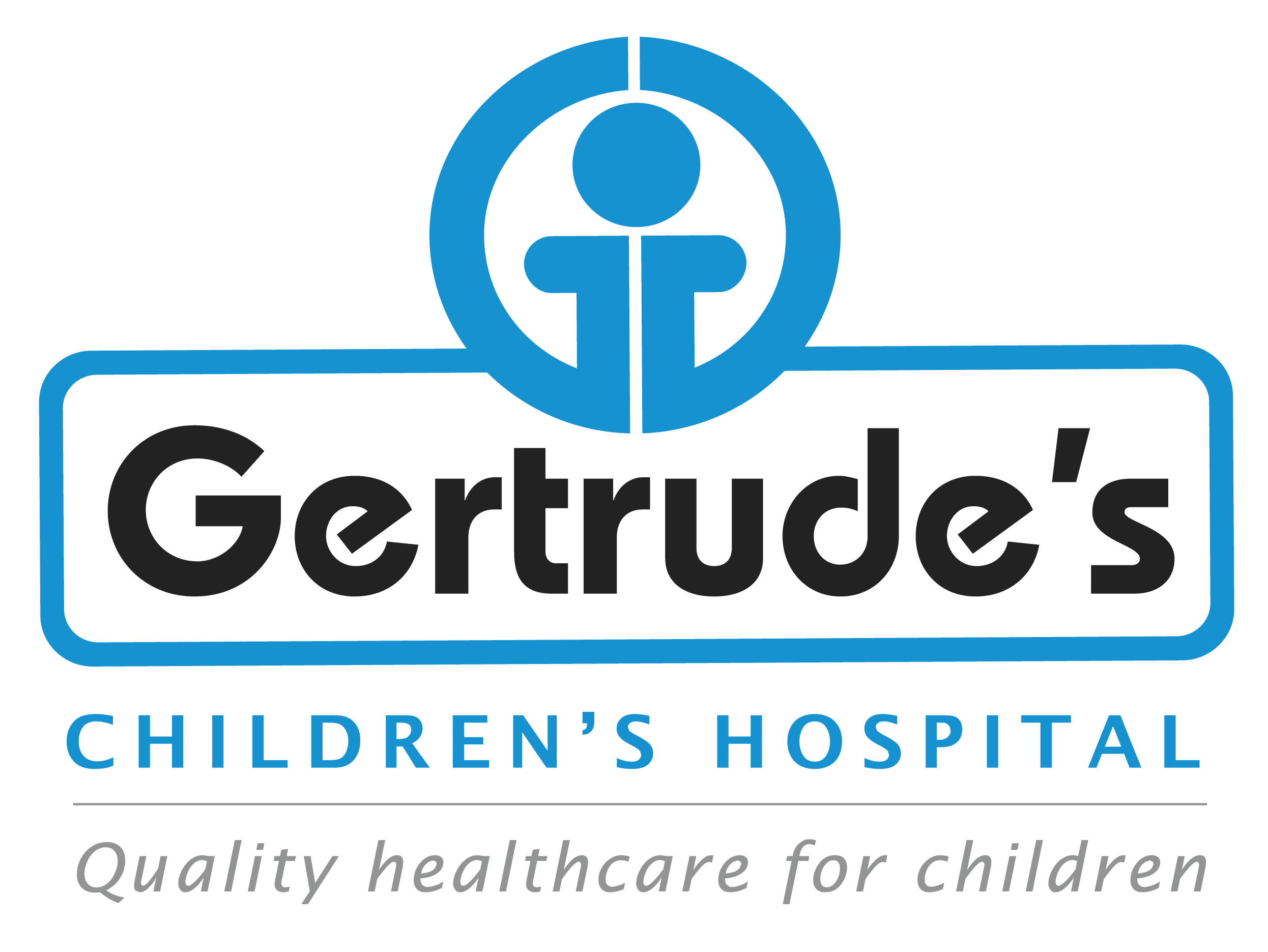Chronic diarrhea in children is when a child has loose or watery stools 3 or more times a day for more than two weeks.
In developing countries,
- chronic diarrhea often stems from an ongoing intestinal infection that lasts longer than usual.
- This is sometimes called protracted diarrhea.
- However, there’s no clear line between protracted and chronic diarrhea.
In countries with better living conditions,
- chronic diarrhea is less common
- its causes often differ depending on the child’s age.
- The outcome of chronic diarrhea can vary greatly, ranging from mild conditions that resolve on their own, like toddler’s diarrhea, to more severe, inherited diseases that can lead to serious digestive problems.
Chronic diarrhea can be a cause of concern for parents and caregivers, as it can affect a child’s overall health, including their growth and development. At Gertrude’s Children’s Hospital, we understand how distressing this condition can be for families. Our goal is to provide thorough information and expert care to help you navigate this challenging time.





